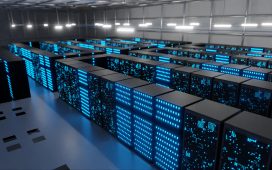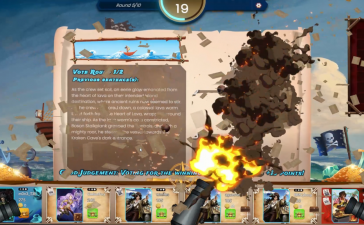A great scientific discovery is like a huge river descending into the world. Some people bow down to it and use it for the mankind. Others do the opposite, they mess up with its flow and order. And take the world to imminent destruction. Executing large-scale nuclear fission was one such river that originated in the US in 1942. And this river reached the far east of the world in 1945.
Oppenheimer is a well-made biopic that comes at the right time when Artificial Intelligence (AI) is growing exponentially everywhere. It depicts the era when nuclear science was witnessing similar growth, and every developed country was trying to rein in nuclear power under the perils of an ongoing World War.
The reason behind such interest in the nuclear energy was grave. Using a nuclear weapon was deemed capable of ending the war. There was an undisclosed race going on in nuclear science led by Germany, Russia, and the US. A nuclear weapon developed by the US eventually did end the war but its repercussions lasted forever. And unleashing such huge destructive powers became the testimony of J. Robert Oppenheimer’s talent, tribulations, and trials. The man who led this project under the aegis of the government.
This is an age of AI and this river is touching the shores of a huge area all over the world. It has immense capabilities and every day it’s challenging human intelligence. Doubts disappear when we see its remarkable powers, astonishing feats, and applicability in various areas.
However, we haven’t seen its canines and talons yet, which every sophisticated technology keeps underneath. They show up when the technology grows beyond its own imagination. The potential around AI is huge like nuclear energy and it surprises you with every other sunset. And such unpredictable potential ensues a dilemma about its governance.
On a deeper level, Artificial Intelligence is about the precise design of tracks that allow and guide data to travel. It’s about algorithms that recognize and follow patterns. Patterns that fetch memory, memory that creates responses. Unlike nuclear power, the raw material in AI is not a physical radioactive element but a written code. The same code can run, re-run, gather data, run again, respond, go back to memory, refine its responses and this cycle never ends. As AI ages, it will only get better.
With this nature of AI, nobody can say where it will land in the future. It’s a work of human imagination with unimaginable potential. And while we are here, AI is getting better with every second passing by.
We should hope it’s getting better to drive a car or to perform accurate heart or brain surgeries without human intervention. But there’s news that the Russia and Ukraine war has already become a testing ground for artificially intelligent weapons. A few years back we didn’t think about this, right? I wonder what Oppenheimer would have done about it today. Last we heard of him he had serious qualms about the nuclear age he had begun.











